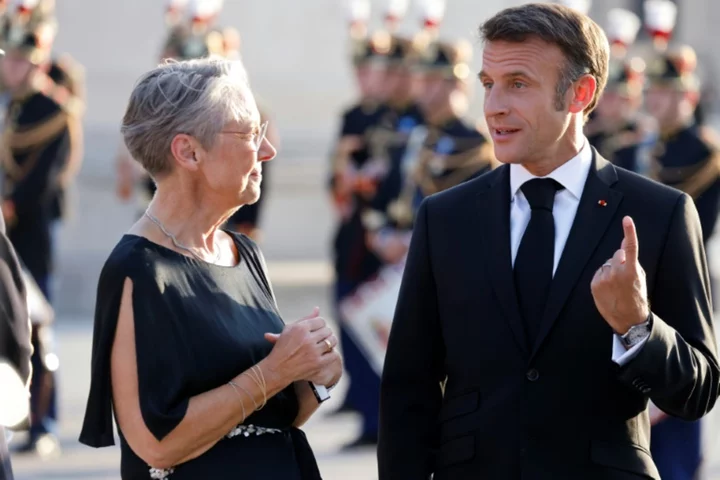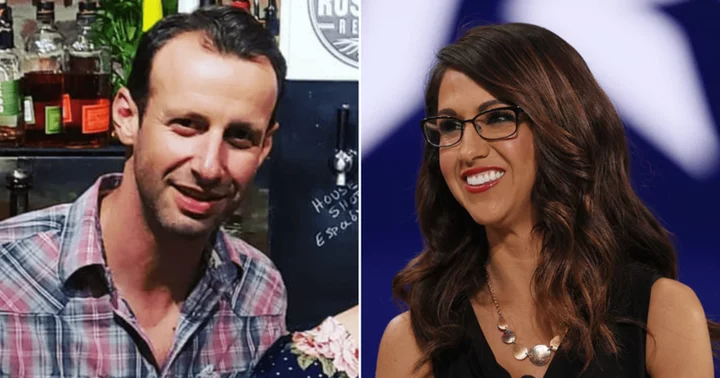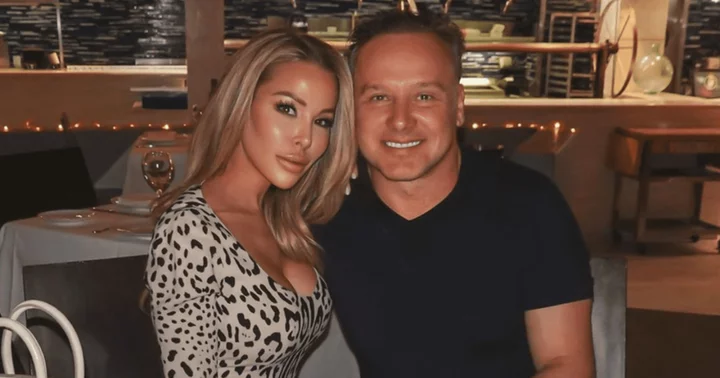French President Emmanuel Macron is keeping his prime minister in place, his staff has said, ending weeks of speculation about a possible reset after successive crises shaking his government.
Elisabeth Borne's time heading up the government has included the most turbulent episodes yet for Macron's second term leading France.
In the past months, the nation has been rattled by unrest over a contested pension reform and then rioting sparked by a policeman's killing of a teen of North African descent.
Under France's political tradition, prime ministers rarely last longer than a few years, with Macron on his third since taking power in 2017.
Their replacement is often a sign of a new political direction.
Persistent rumours had centred on Macron naming law-and-order Interior Minister Gerald Darmanin as Borne's successor, in part as a recognition of his handling of the riots which eased after tens of thousands police were deployed.
But in the end Macron opted for the status quo, a member of his entourage said late Monday.
"To ensure stability and in-depth work, the president has decided to keep the prime minister in place," the official said.
The president is poised to later this week make an announcement "reminding the country of his clear direction".
Borne said she will proceed with a minor reshuffle of her cabinet this week, with junior minister Marlene Schiappa -- under fire over her alleged mishandling of a public fund -- and Education Minister Pap Ndiaye likely to be the first to go, according to observers.
The appointment Monday of Borne's new chief of staff, labour law specialist Jean-Denis Combrexelle, seemed to indicate that Borne is hoping for a renewed dialogue with unions after a months-long standoff over an increase in the retirement age that she pushed through parliament without a vote.
"Calm has been restored," said the Elysee official, adding that fears of violence at last week's Bastille Day celebrations failed to materialise, allowing the government to re-focus on its policy agenda.
Macron's allies still lack an absolute majority in parliament, and Borne may be a better choice to assemble adhoc support for Macron's policies than the divisive Darmanin, one former government minister told AFP.
"It is true that nobody else would be better at gathering a majority," the ex-minister said.
Borne earlier this month told Le Parisien newspaper that she had submitted her policy proposals to Macron, focusing on labour issues, public order, climate change, health and education.
burs-jh/jmm









